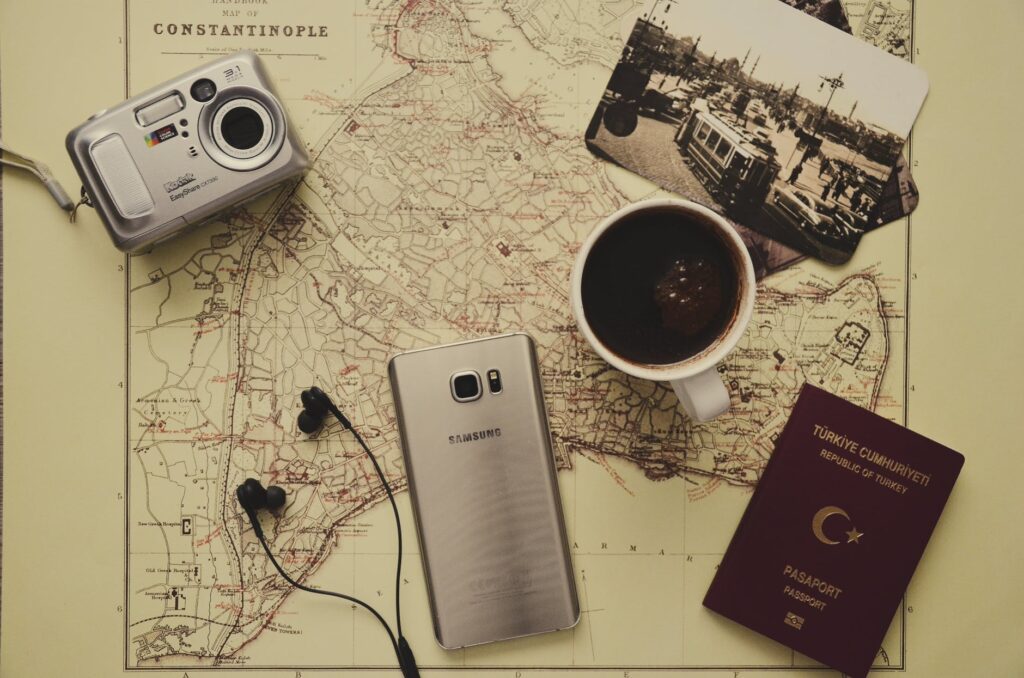Being one of the greatest things you might possibly do in your life, traveling might also be somewhat challenging in certain cases. Not only it might be costly but it might also be constraining regarding time and physical and legal accessibility. Although the internet steadily takes over the world with more and more people managing to stay connected, many barriers to proper communication formed a long time ago still stand in their positions, ready to challenge you. One such constraint is the language barrier that can cause lots of issues, especially when you travel. At some point, you might not be able to enter the country or confirm your hotel reservation just because the people whose job is related to that do not understand the language your documents are in. Luckily, however, there’s an effective solution to this problem.
Translation is the Key that Opens Many Doors
As language essentially drives all our communications, translation serves as a kind of fitting device allowing that engine to work under any condition. In fact, there are many more metaphors that fit the idea of translation; it’s a bridge that connects the two countries, it’s the wire that powers our communication, it’s a line between the two dots that seem misplaced and out of reach. One thing for sure, translation is an inalienable part of our lives and is of crucial importance.
When it comes to travel documents, the role and power of translation cannot be overlooked and underestimated. You might not always need to translate your passport, but you might not always need to travel just to walk around cities and see places. As you travel with a specific purpose, you might easily get lost in translation with people who don’t speak the language your documents are written in. And although it might seem strange, people from English-speaking countries might seem to get lost often.
Yet, that’s not because these people are linguistically impaired or are simply uneducated. Such people might hold degrees and be real professionals at their work, they might simply not speak your language. Languages might be unpopular, rare, or simply challenging to learn, so not everybody learns them. At the same time, the countries, where most people speak English are some of the most popular ones. And the chances that you might need the documents there are high. A lot of people travel to the United States in search of greater opportunities, others might want to live in New Zealand in order to cut themselves from all the troubles in their lives. Whether you travel or want to move to such countries, there are just a couple of things to consider.
- Some countries require document translations legally. It’s not just a matter of people not understanding what your documents say, it’s about such documents being eligible in that country in the first place. Let’s assume you already live in New Zealand and would like to get your parent living with you. No problem, but your documents as well as the documents of your parents must be translated. No exception. A similar situation goes for the U.S., Canada, and Australia.
- Document translation requires certification. You can’t just translate the documents yourself. You need to use the help of a professional certified translator who has the license to translate legal documents. Such specialists are pretty easy to find on the internet nowadays. Just check out The Word Point reviews if you want to get the best of the best. If you still can’t find a certified professional, the regular translator will also work but you’ll need to hire a legal specialist who would legally confirm the validity of the information found in the translated document.
- Document translation might take time. Don’t expect you’ll be the only person who needs their documents to be translated. You might have to wait days or even weeks to get the job done. So, submitting your documents for translation beforehand is a great idea.
- It’s best to keep all documents translated. It might seem like unnecessary stuff, but most countries actually require all documents to be translated to have any legal power and Libya even requires your passport to be translated in order to cross the border in the first place. It’s better safe than sorry and having all the documents translated for your travels to avoid any misunderstandings and oversights.
Better Safe than Sorry

Do not underestimate the role of translation. It might be just as powerful as the power that the documents themselves provide. Again, it might not be necessary to translate your passport, for example, yet, if you have a specific purpose for your travels or want to move to the country you go to, you should keep the documents needed for the related legal processes translated by a certified professional or be legally valid in the country. So, take all precautions and travel safely.
BIO:
Henry McDowell is an experienced successful traveler and author. With his career spanning for many years, Henry is confident in every word he writes and every piece of advice he gives. With his passion for education that is just as big as his passion for traveling, Henry is really a good teacher.